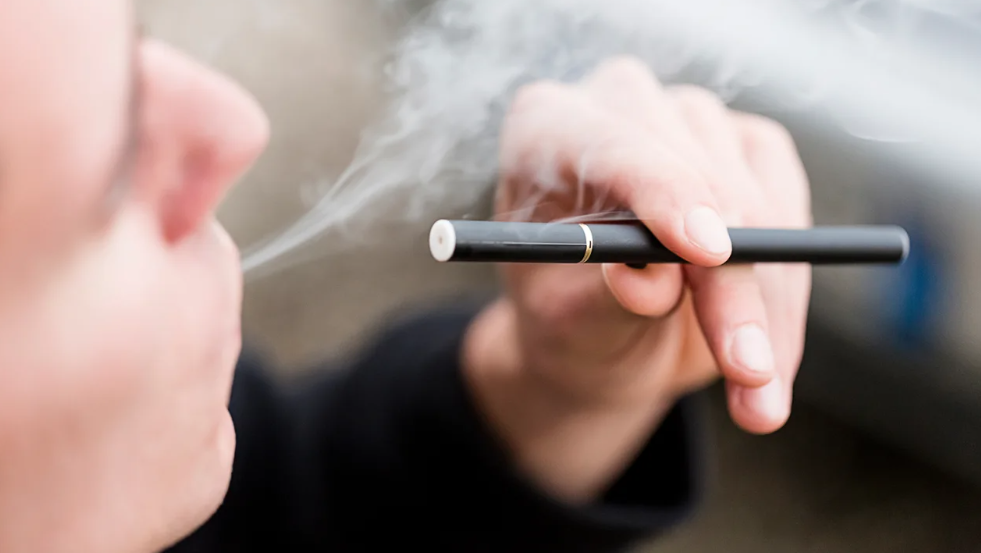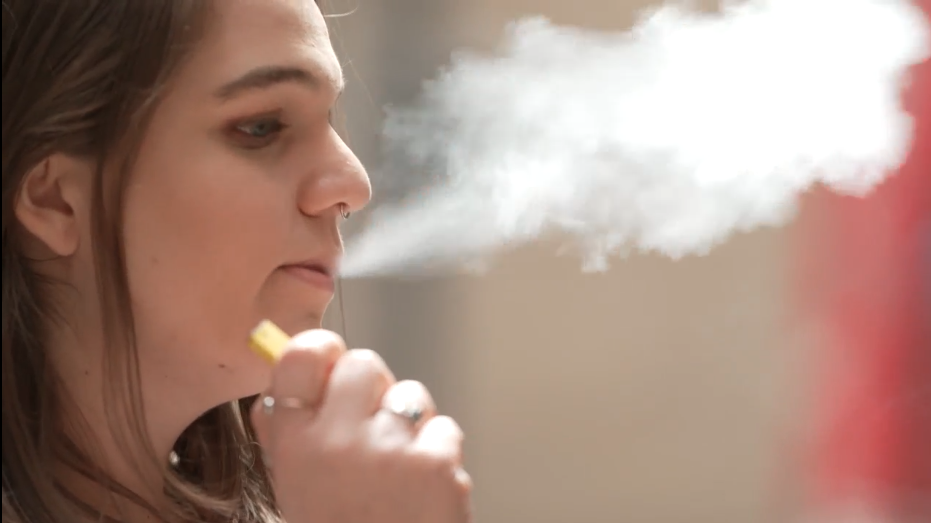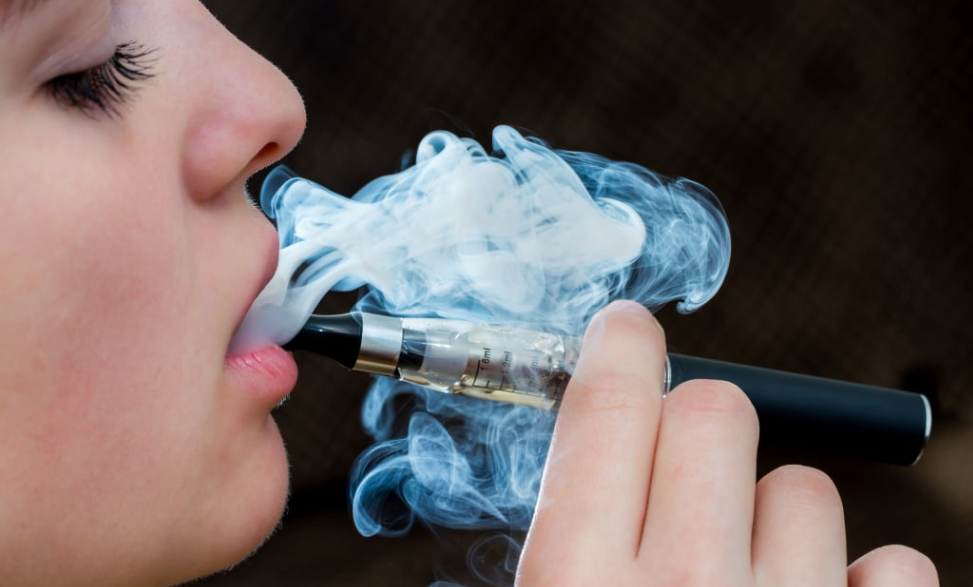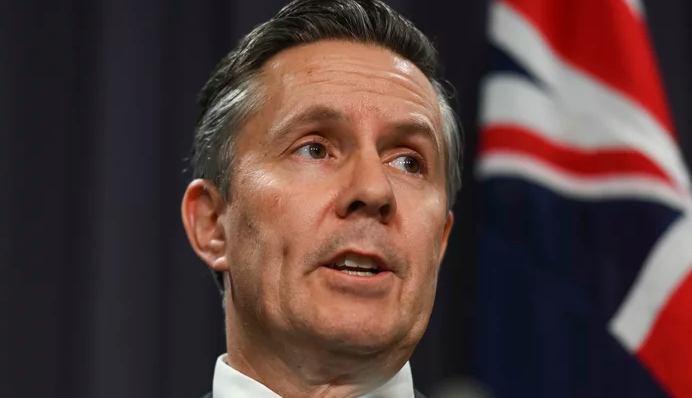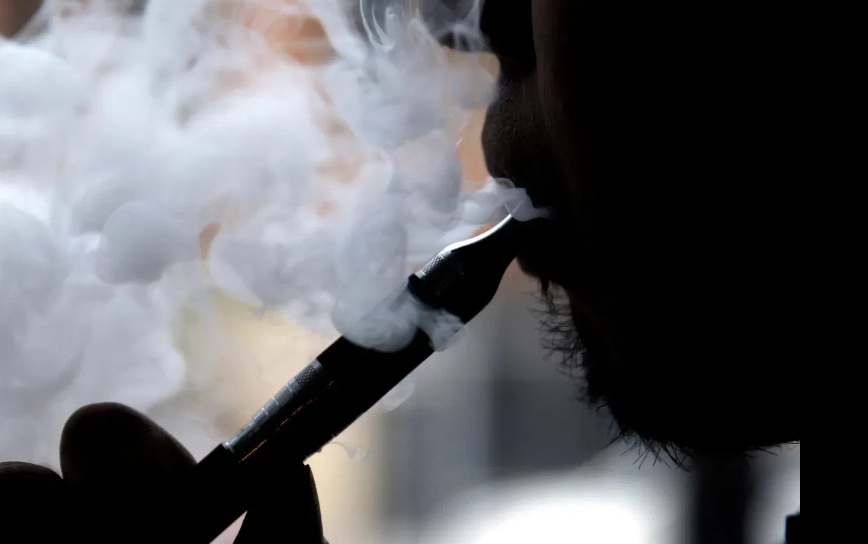The Australian government has announced the prohibition of e-cigarettes through stringent controls on imports and packaging to discourage vaping, particularly among teenagers. Australian Health Minister Mark Butler stated that vaping has become a major behavioral issue in high schools and a growing problem in elementary schools, even though the products have a therapeutic use under the right circumstances. Vaping involves heating a liquid that contains nicotine in an e-cigarette which is vaporized and inhaled by the user. It is widely seen as an alternative to smoking cigarettes and a product to help smokers quit tobacco, but instead, teens and even young children are taking up vaping as an addictive habit globally. In this article, we explore the Australian government's move to ban e-cigarettes and the implications of the ban for the vaping industry in the country.
The new vaping regulations
Before the changes were announced, the only legal way to sell a nicotine vape in Australia was through a prescription provided by a doctor to a pharmacy, but the products were still widely sold across the country. Announcing the new regulations, Butler said non-prescription vapes would be banned from importation, and vape products would be required to have pharmaceutical-like packaging, aimed at being sold as products to help smokers quit only. Brightly colored, fun-flavored packs that lured younger users will be restricted, and all single-use and disposable vapes will be banned.
Butler further stated that there would be no more bubblegum flavors, no more pink unicorns, and no more vapes deliberately disguised as highlighter pens for kids to hide them in their pencil cases. Wayne Hall, an emeritus professor at the National Centre for Youth Substance Use Research at The University of Queensland, said the Australian Medical Association discourages doctors from prescribing vaping products to help people to quit nicotine. Anyone currently buying them without a prescription is breaking the law.
The ban's effects on the vaping industry
The ban on recreational vaping is a severe blow to Australia's vaping industry, which has already faced significant challenges in recent years. Ali Ayoub, a vape shop operator in suburban Brisbane, said the ban on recreational vaping would bankrupt his business, and he asked what the point of a vape shop was if he couldn't sell smokes. Ayoub sells an array of colorful vape fluid with candy-like flavors such as pineapple punch, custard, butterscotch, and menthol melon, and doesn't believe that young people hooked on such products will switch to regular cigarettes.
Australia's vaping industry has grown significantly in recent years, with estimates suggesting that the number of vapers in the country has risen from around 240,000 in 2016 to over 500,000 in 2021. The industry has also created jobs and generated millions of dollars in revenue. The Australian Retail Vaping Industry Association (ARVIA) warned that the ban could force vapers back to smoking cigarettes, which would undo much of the progress made in reducing smoking rates in Australia in recent years.
However, the Australian government has made it clear that it wants people to give up smoking and plans to spend millions of dollars on programs to help them quit, without first turning to vapes. Alongside the ban, the Australian government is increasing its tobacco tax by 5% per year for the next three years starting September 1. At the moment, a box of 20 cigarettes costs around 35 Australian dollars ($23), considerably more than in the United States and the United Kingdom.
Vaping concerns across the world
Researchers have found links between nicotine addiction among adolescents and children as a result of increased vaping habits. Teenage vaping has also been linked to psychological issues, headaches, stomachaches, and significant addictions to nicotine. Some argue that e-cigarettes are only just beginning to be fully understood. Some experts suggest that vaping may be less harmful than traditional cigarettes, while others warn that the long-term effects are not yet known.
However, the growing number of young people taking up vaping has become a major concern for health authorities around the world. In many countries, including Australia, there are strict regulations in place to prevent minors from accessing vaping products, but these regulations have not been effective in stopping the trend.
The new regulations announced by the Australian government are part of a broader effort to curb smoking and nicotine addiction in the country. In addition to the ban on recreational vaping, the government is also increasing its tobacco tax by 5% per year for the next three years starting in September.
The hope is that these measures will help to reduce the number of people using nicotine products and ultimately improve public health in Australia. While some may argue that these regulations are overly restrictive and may harm businesses that rely on the sale of vaping products, many health experts believe that they are necessary to protect young people from the harmful effects of nicotine addiction.
In the end, the debate over vaping and its impact on public health will continue to be a contentious issue. While there is still much that is unknown about the long-term effects of vaping, it is clear that the trend is growing among young people and that action is needed to prevent further harm. With the new regulations announced by the Australian government, it is hoped that other countries will follow suit and take steps to protect their populations from the risks of vaping.

